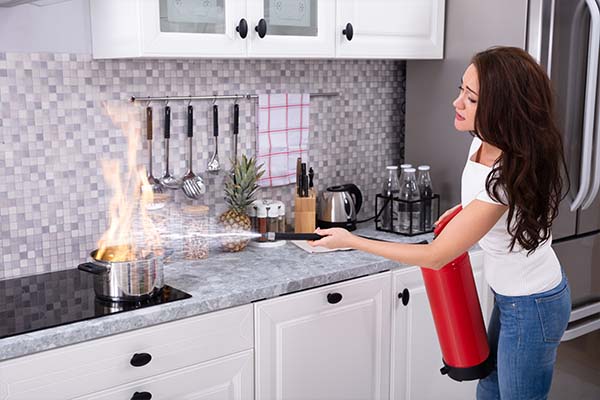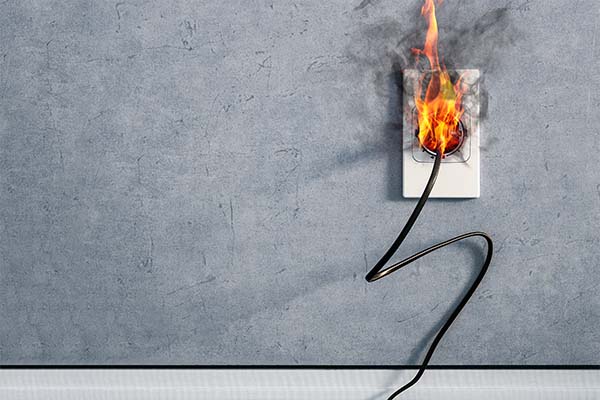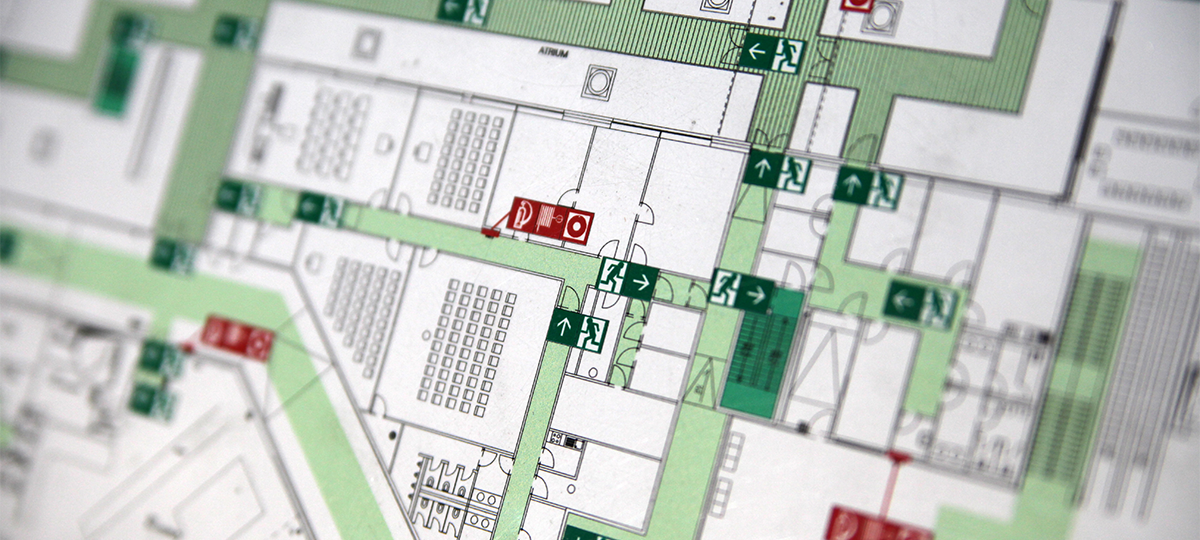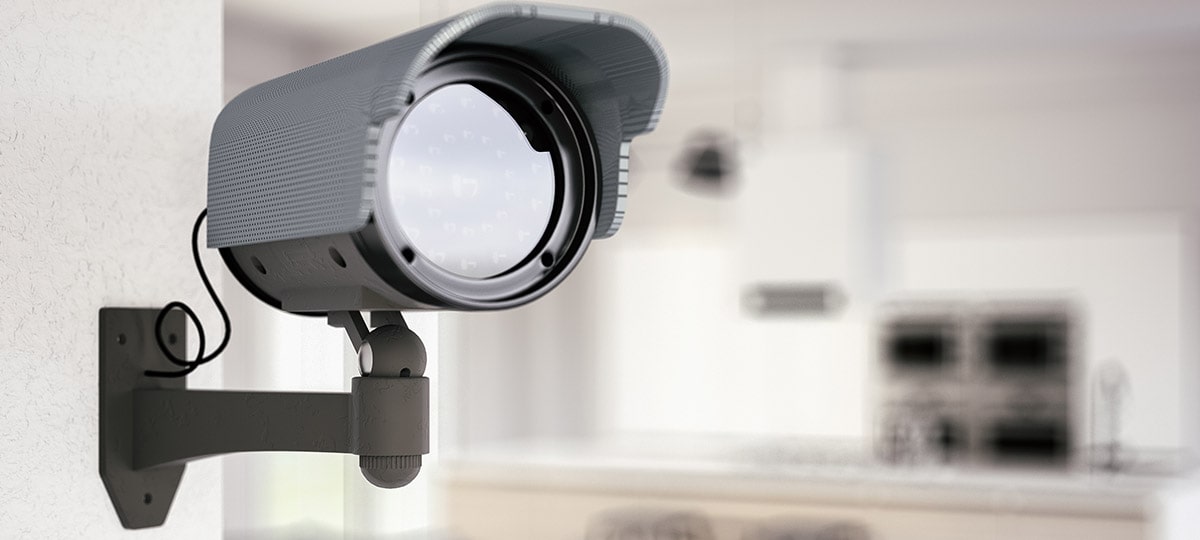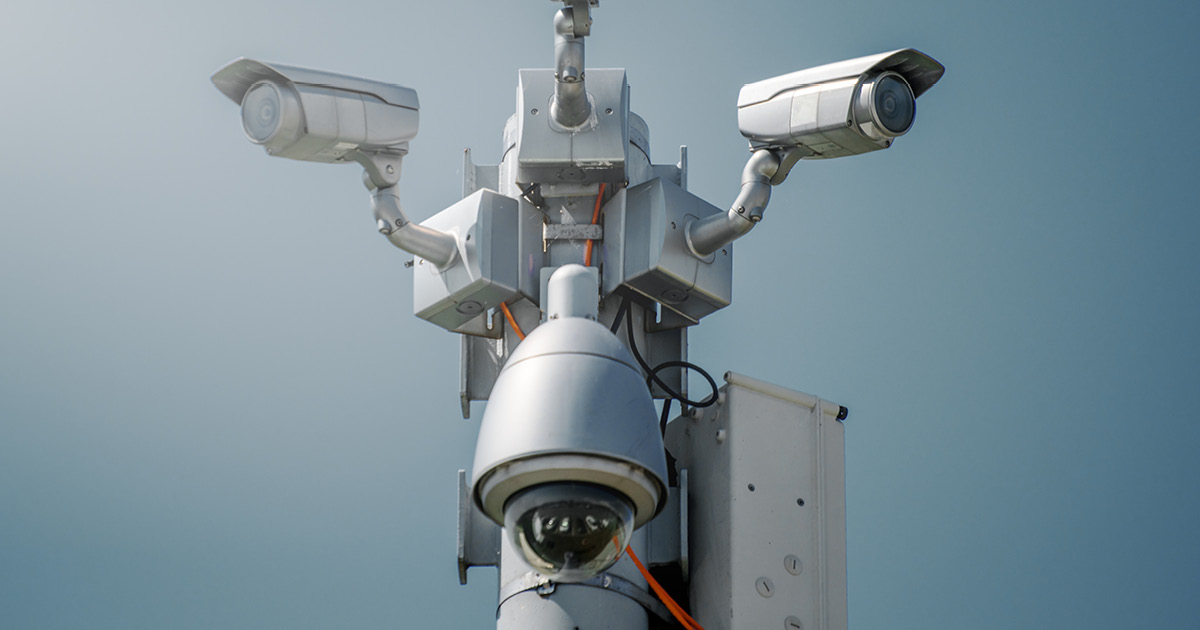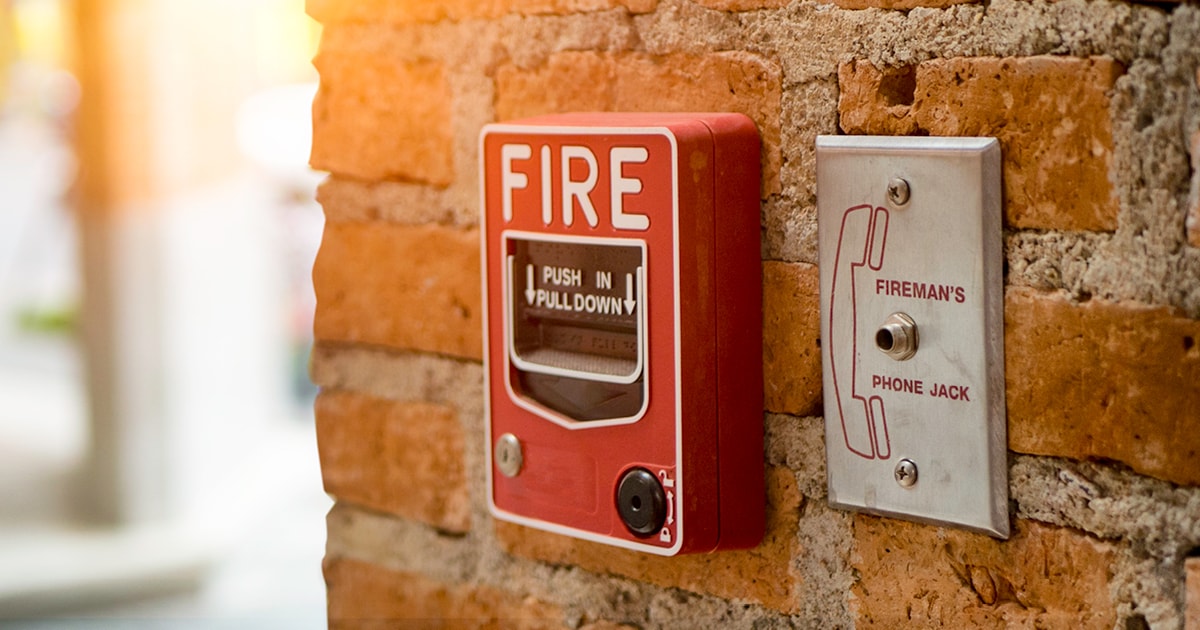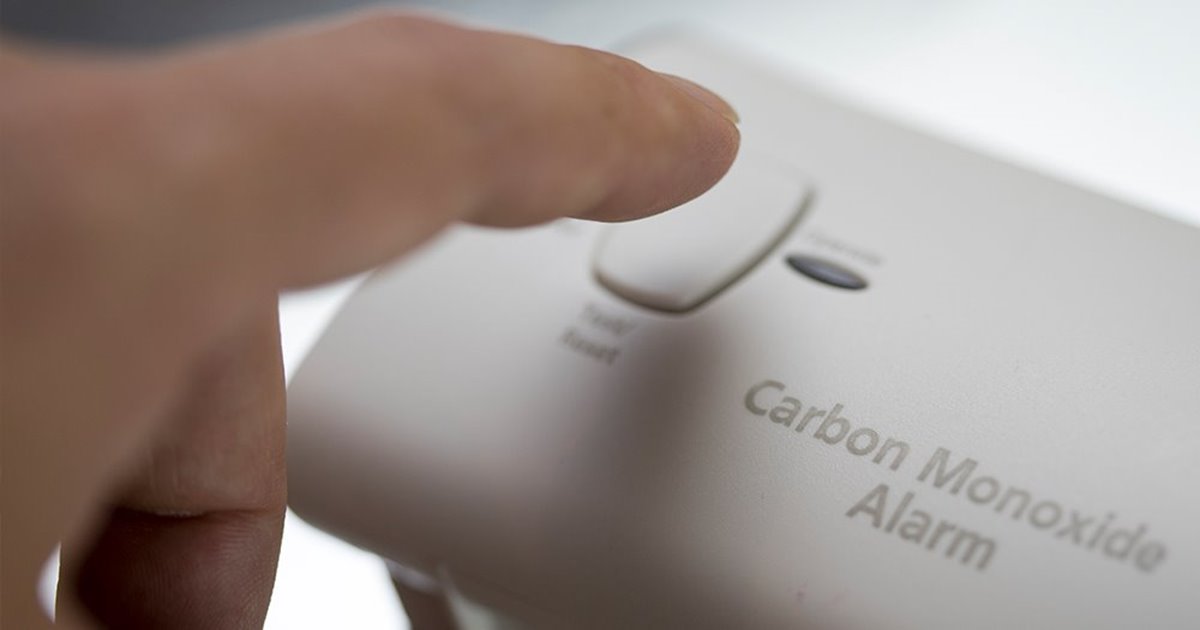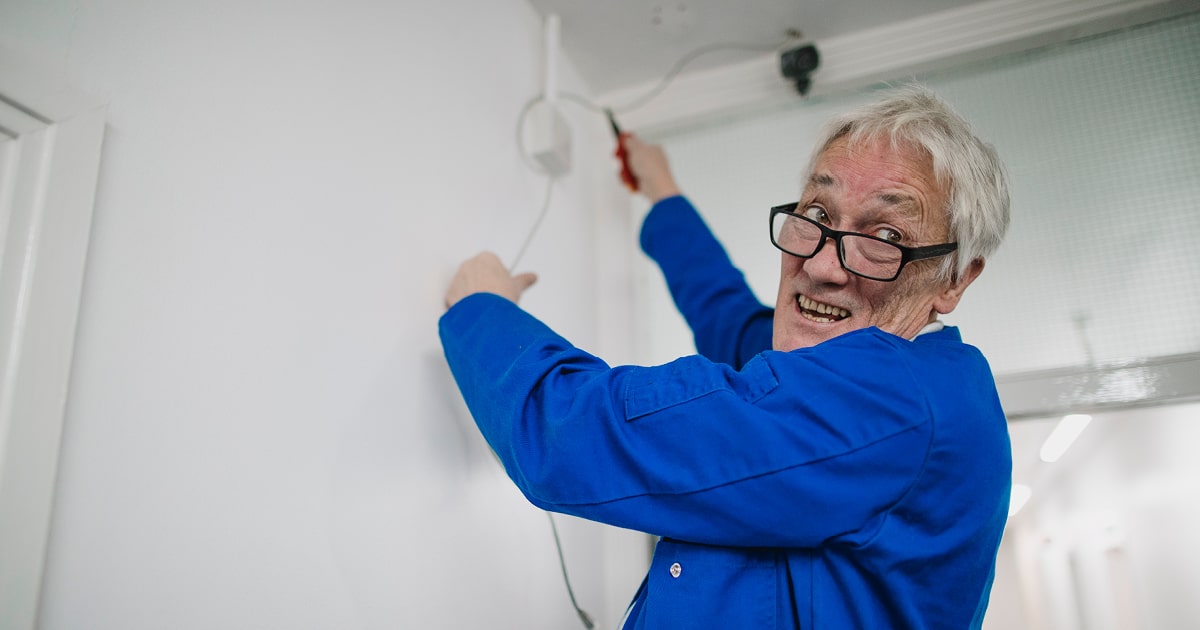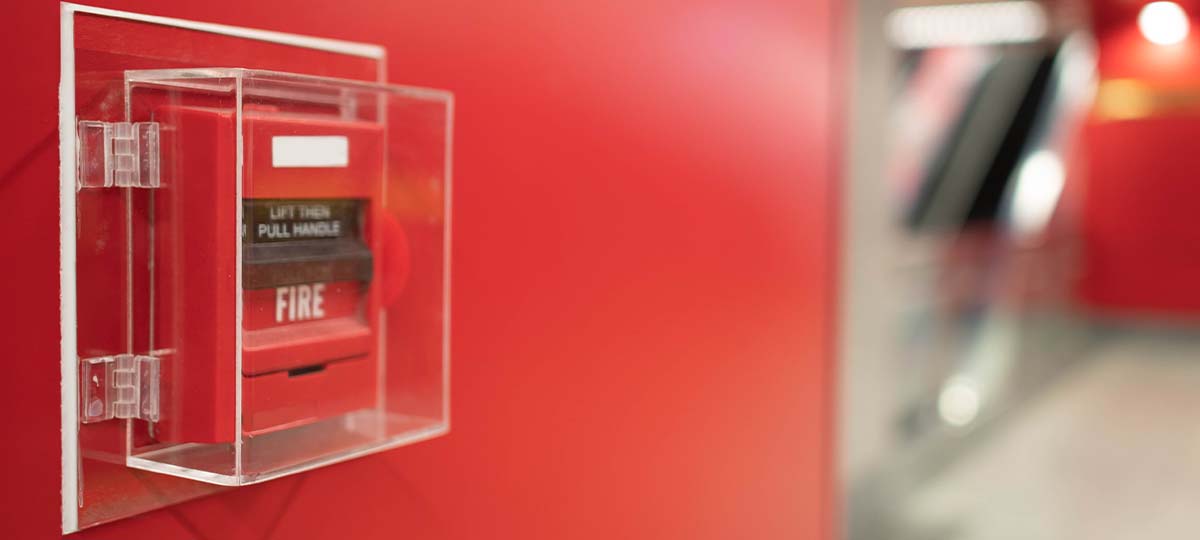Most Common Causes of House Fires
A house fire can be a life-altering event that some may never fully recover from. The best way to protect your home and family from a fire is to educate yourself about the risks and how to prevent them.
We all know the essential forms of prevention and protection, like smoke detectors, fire extinguishers, sprinklers, and home monitoring. However, there are additional steps that homeowners can take as the first line of defense against house fires. While our list is not exhaustive, it should give you an idea of things to avoid and where to exercise caution.
One of the most prominent causes of a house fire is cooking. The inherent danger of cooking with open flames comes with the rise in popularity of natural gas appliances. According to the most recent Home Structure Fire Report from the National Fire Protection Association (NFPA), cooking accounted for approximately 49% of all house fires from 2016 to 2020. The importance of safe cooking practices and knowing how to react appropriately if an incident occurs could be a game-changer in protecting your home.
These are some of the best practices to follow when cooking:
- Never leave the oven or stove unattended.
- Keep all combustible items at a safe distance from heat sources.
- Keep cooking equipment clean.
- Turn any pot or pan handles toward the back of the stove to avoid accidentally knocking them onto the floor.
- Keep a fire extinguisher nearby.
- If a grease fire occurs, remove the heat source and cover the fire with a lid or generous amounts of baking soda – never use water.
Household heating measures like wood-burning stoves, fireplaces, or portable space heaters can easily lead to fires if improperly used. In 2021, an NFPA report showed that heating equipment caused one in seven home fires and accounted for 19% of home fire deaths. Following proper protocol for venting, cleaning, and spacing any heating appliances is essential. Wood-burning fireplaces can be quite dangerous if not properly respected. Here are a few things to keep in mind:
- Only burn prepared or seasoned firewood with low moisture content.
- Never use flammable liquids or other chemicals to jumpstart fires.
- Never leave your fireplace unattended while in use.
- Store firewood properly in between uses.
- Practice proper cleaning and maintenance on your fireplace, chimney, and chimney cap.
Space heaters usually include instructions and safety warning labels that have been appropriately tested and recommended. Follow these guidelines to avoid misuse and potential fires:
- Remember that heaters that use a fuel source like kerosene are more likely to cause issues.
- Plug space heaters directly into a wall outlet.
- Keep heaters at least three feet away from furniture, walls, or anything that can burn.
- Do not place heaters near stored liquids or wet areas.
- Turn off and unplug heaters when not in use.
Malfunctions within a home’s electrical system are another common cause of house fires, accounting for around 9% of total reported structure fires. Be sure to have your home thoroughly inspected before purchasing it, and schedule regular checks to ensure your continued safety. A qualified electrician should do all electrical work in your home.
Along these same lines, electrical fires are known to increase during the holiday season as homeowners set up their decorations. Inspect all powered décor to confirm plugs and wires are in good condition.
Whether it’s a holiday or an average day, these tips can help you prevent electrical fires:
- Plug appliances of any size directly into wall outlets.
- Never use an extension cord with a major appliance.
- Unplug small appliances when not being used.
- Do not overload wall outlets or power strips.
While smoking only accounts for around 5% of reported structure fires, it has been linked to approximately 9% of fire-related injuries. An even more concerning fact is that smoking and smoking materials accounted for 24% of fire-related deaths from 2016 to 2020. Traditional smoking devices like cigarettes, cigars, and pipes all involve a smoldering flame with inherent dangers. Since they often use smoking to relax, smokers have been known to fall asleep before properly extinguishing their method of choice.
These tips can help smokers prevent fires:
- If you have to smoke, smoke outside.
- Never smoke in a home where oxygen is being used.
- Keep lighters and matches out of reach of children.
- Use deep, wide ashtrays that can completely douse any lit smoking materials.
Candles might seem relatively harmless but can pose a severe fire threat if mishandled. According to the NFPA, around 20 home candle fires are reported daily. Even though their light or aroma can create a relaxing and peaceful atmosphere, remember that candles involve an open flame that could quickly get out of control.
Here are several ways to avoid candle fires:
- Keep candles at least 12 inches away from anything flammable.
- Never leave a lit candle unattended.
- Ensure your candles are housed in stable holders and locations that cannot be knocked over easily.
- Use flashlights instead of candles during a power outage.
- Consider battery-operated candles or fragrance diffusers as alternatives that do not require open flames.
Protecting yourself
Proactively identifying and avoiding fire risks is ultimately your best safeguard from a house fire. If you and your family could benefit from added protection, the fire and security experts at FSS Technologies can provide an initial consultation, help you develop an actionable family emergency plan, and expose any potential hazards you might have missed. With options for alarm systems, monitoring services, and detectors from trusted brands like Kidde, our professionals can outfit your home with a fully customized fire and security solution to give you around-the-clock peace of mind. Contact us today to get started.
